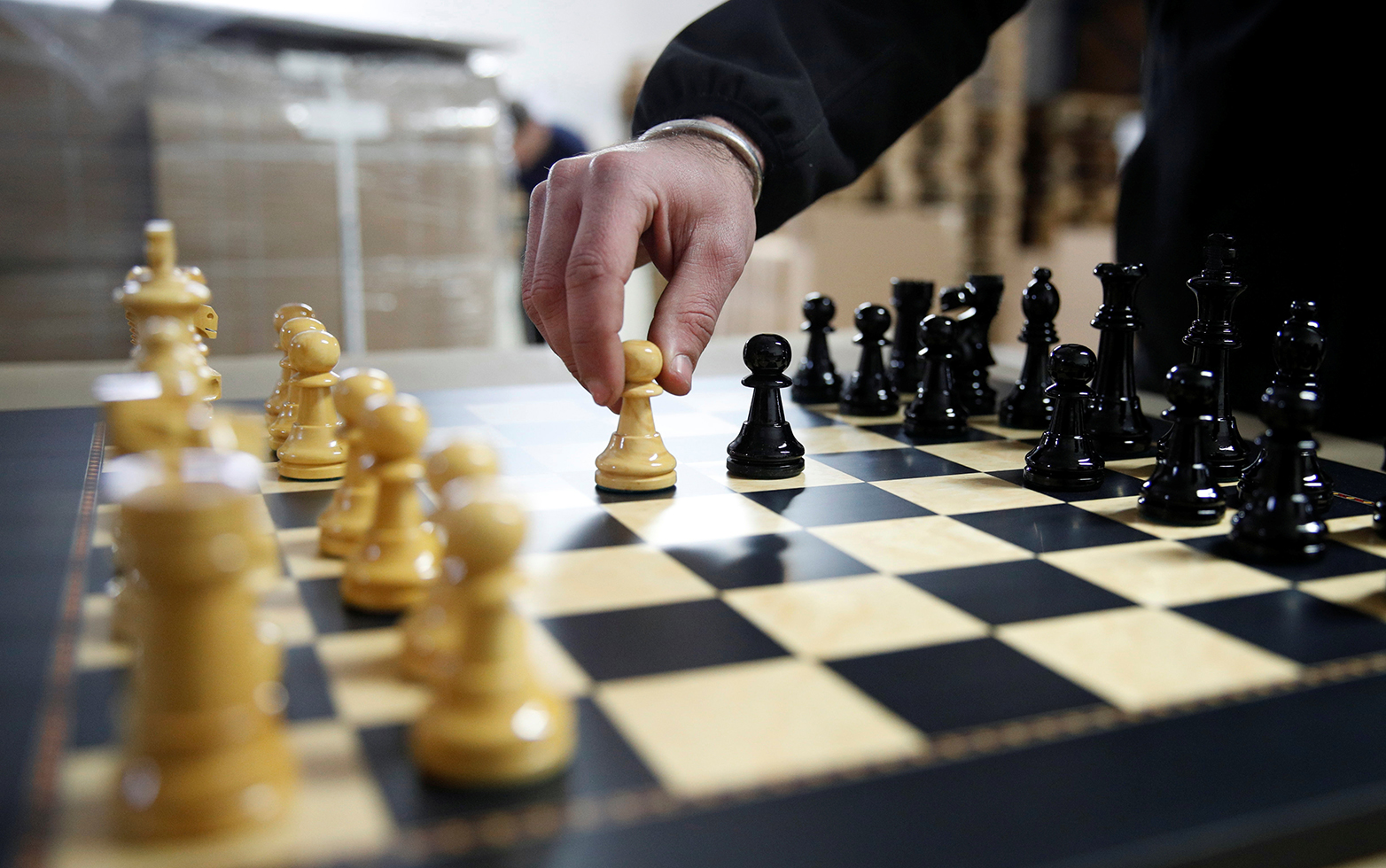The Future of European Strategy in a Changing Geopolitical Environment: Challenges and Prospects
In response to profound changes in the geopolitical landscape, the European Union is pursuing a more independent and assertive international role. This shift has raised questions about how the drive for strategic autonomy and the Union’s complex processes and institutions will affect Europe’s global role. In this forum, thirteen scholars address the challenges for European strategy in the areas of defence, trade, international norms, energy diversification, and relations with other major powers.

external page Find the forum here
INTRODUCTION
EU foreign policy elites need to move beyond the declaratory and aspirational phase and develop a new strategy. As Europe’s international environment transforms, the way Europeans think about strategy should change, too, argue Michiel Foulon and Jack Thompson.
external page How do we start thinking about European strategy?
Michiel Foulon and Jack Thompson
ALLIANCES
The changing international environment demands a new vocabulary to talk about European strategy. Developing such a vocabulary would helpfully reframe the type of security and economic relationships Europe has with rising powers like China, what Europe and the US should do to foster a stronger transatlantic relationship, and how Europeans can channel joint policy efforts through NATO for new challenges, such as cyber threats.
external page Do we need a new vocabulary for talking about European strategy?
Shaun Breslin
external page The transatlantic relationship: Radical reform is in the U.S. national interest
Barry R. Posen
external page NATO allies’ offensive cyber policy: A growing divide?
Max Smeets
DEFENCE
If EU foreign policy elites want to bolster Europe’s defence, they require a solid understanding of hybrid and other challenges posed by Russia. And they must ensure that the Strategic Compass enjoys wide support, is implemented within EU member states, and is adapted to tackling conventional and non-conventional security threats, like pandemics and climate change.
external page European defence and the demands of strategic autonomy
Daniel Fiott
external page Russia’s challenge to European security
Brian G. Carlson
STRATEGY
A new EU strategy should better address the complicated mix of partnership and competition with the US, rebalance burden sharing within the transatlantic alliance, and use its normative power to promote a rules-based multilateral international system that serves Europe’s interests.
external page Normative power and EU strategic autonomy
Trineke Palm
external page An ambidextrous EU approach to transatlantic relations
Jack Thompson
ECONOMICS
An effective European strategy will rely, in no small part, on a strong economic foundation. Europeans should seek to preserve a version of the liberal international order that serves its interests, but also do more to support its own technology industries, craft an energy diversification strategy, and take into account those concerns of economic nationalists that have merit.
external page European trade strategy: Striking a balance between liberalism and nationalism
Michiel Foulon
external page China’s technological challenge to European strategic autonomy
Henrik Larsen
external page Energy transition, Europe, and geopolitics
David Criekemans
LOOKING FORWARD
When the EU employs a moderate international role, it can safeguard the EU’s interests and foster multilateral cooperation. To achieve these goals, it must employ all its instruments of power, argues Sven Biscop.
external page EU strategy: Resolutely moderate
Sven Biscop